Educational standards
In the current project, we propose the development of digitized learning content based on a system of standards. The current educational standards guarantee the unification of educational content in the form of databases, educational courses, case studies, virtual competitions for the development of innovative food products, e-rapid tools for short-term training courses.
Project concept mind map
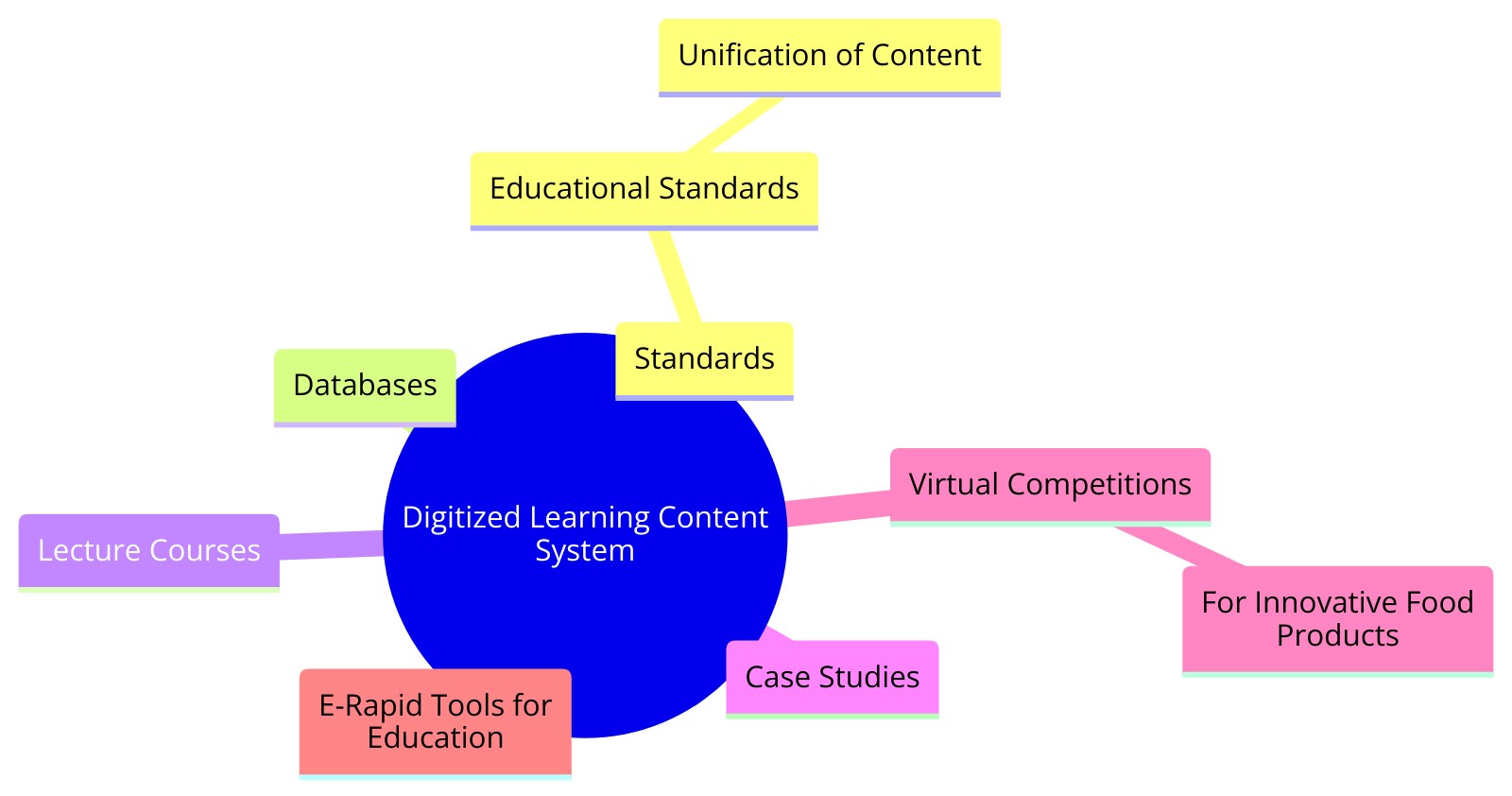
|
SYSTEM OF EDUCATIONAL STANDARDS |
|
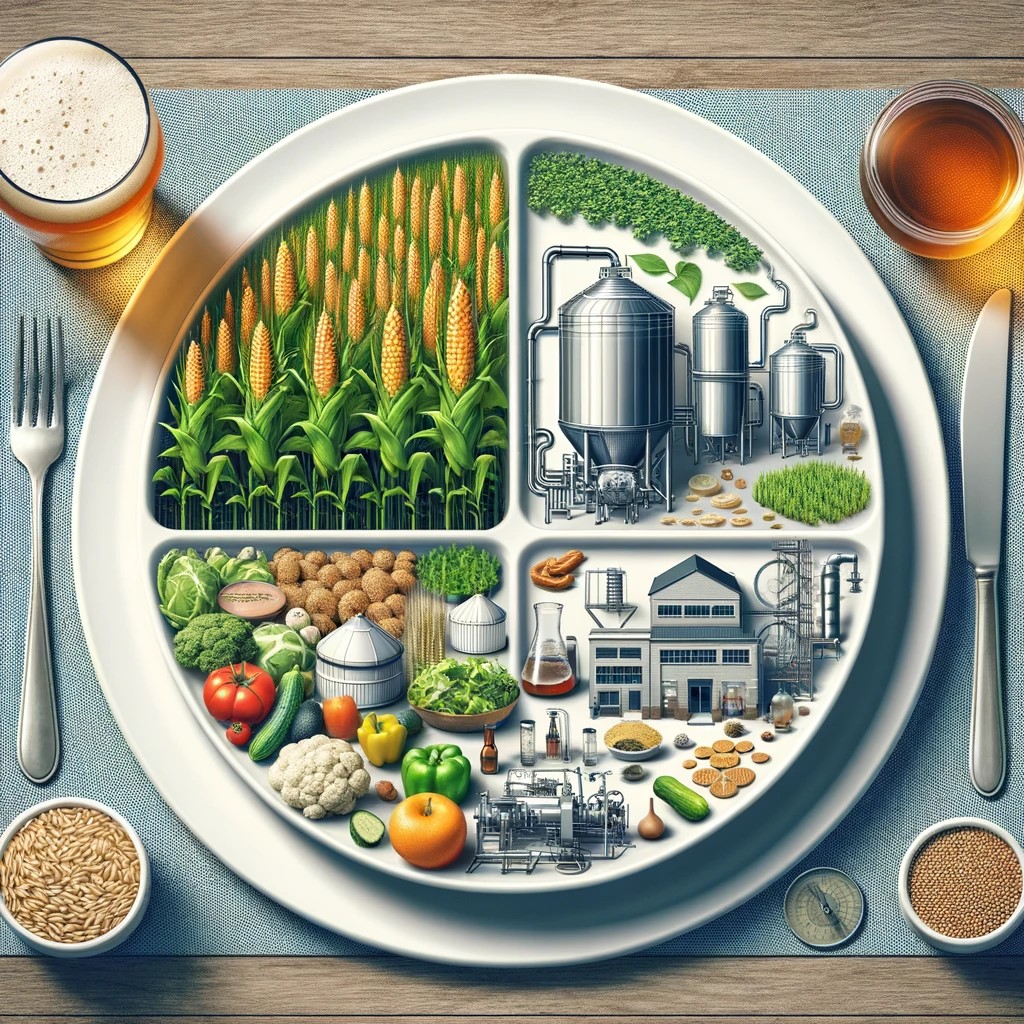 |
TRADITIONAL, INNOVATIVE AND SUSTAINABLE PRODUCTS This standard defines the content criteria of the database for traditional, innovative and sustainable products, developed within the E-Food project. The standard aims to develop educational content, guaranteeing an opportunity for its users to familiarize themselves with different types of food products, the technologies for their production and the possibilities for their innovation. Educational standard – traditional, innovative and sustainable products |
|
|
|
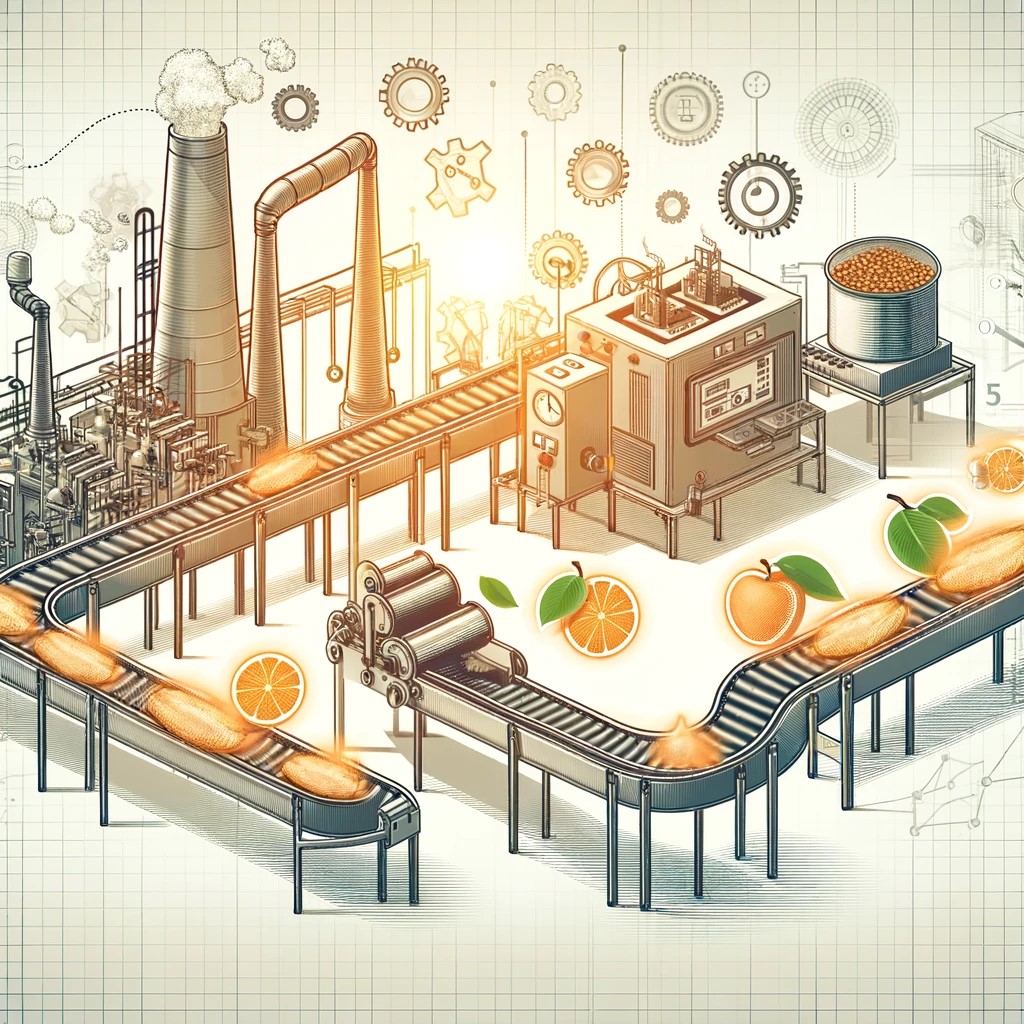 |
TRADITIONAL, INNOVATIVE, EMERGING, SUSTAINABLE PROCESSES This standard defines the content criteria of the database for traditional, innovative, emerging and sustainable processes, developed within the E-Food project. The standard aims to develop educational content, guaranteeing an opportunity for its users to familiarize themselves with various processes and their application in food production. Educational standard – traditional, innovative, emerging, sustainable processes |
|
|
|
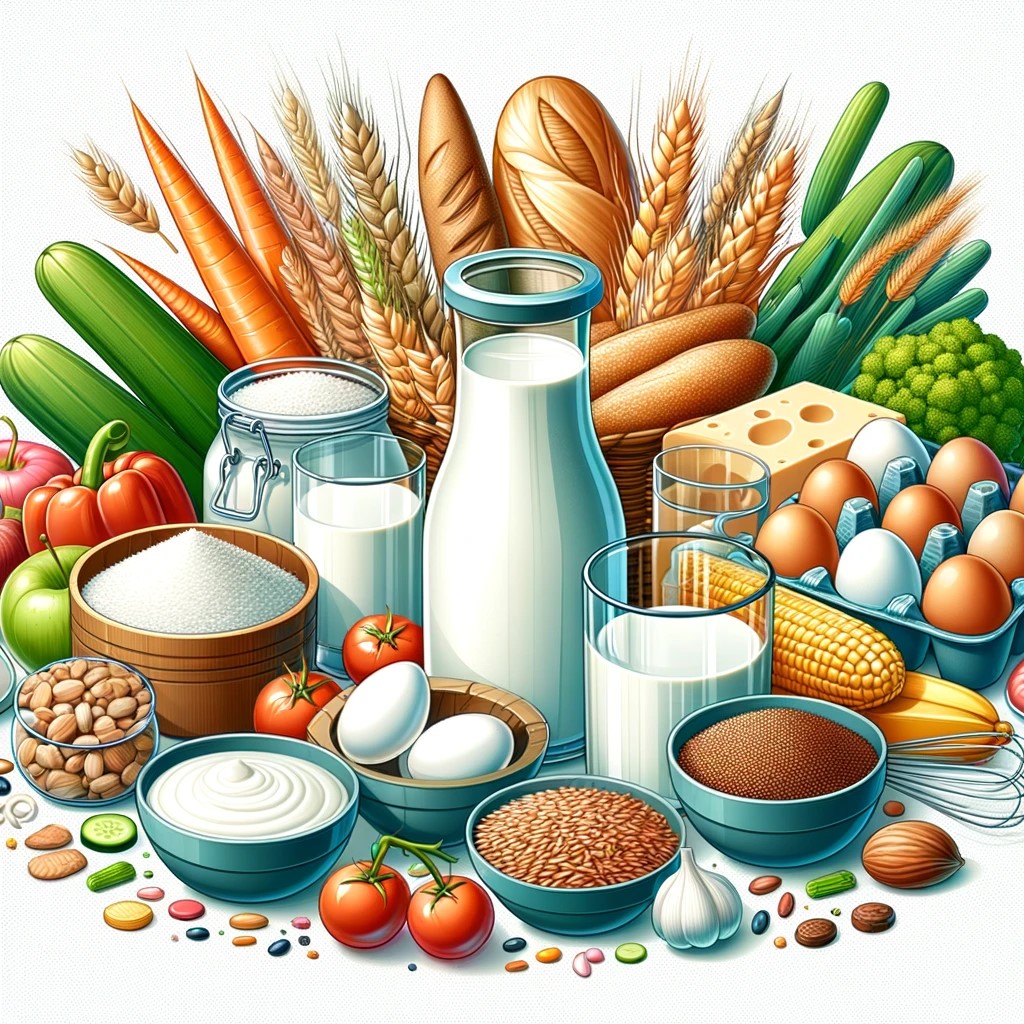 |
TRADITIONAL, INNOVATIVE AND SUSTAINABLE RAW MATERIALS/RESOURCES This standard defines the content criteria of the database for traditional, innovative and sustainable raw materials and resources, developed within the framework of the E-Food project. The standard aims to develop educational content, guaranteeing an opportunity for its users to familiarize themselves with various traditional, innovative and sustainable raw materials/resources, their characteristics for their application in the development of innovative food development. Educational standard – traditional, innovative and sustainable raw materials/resources |
|
|
|
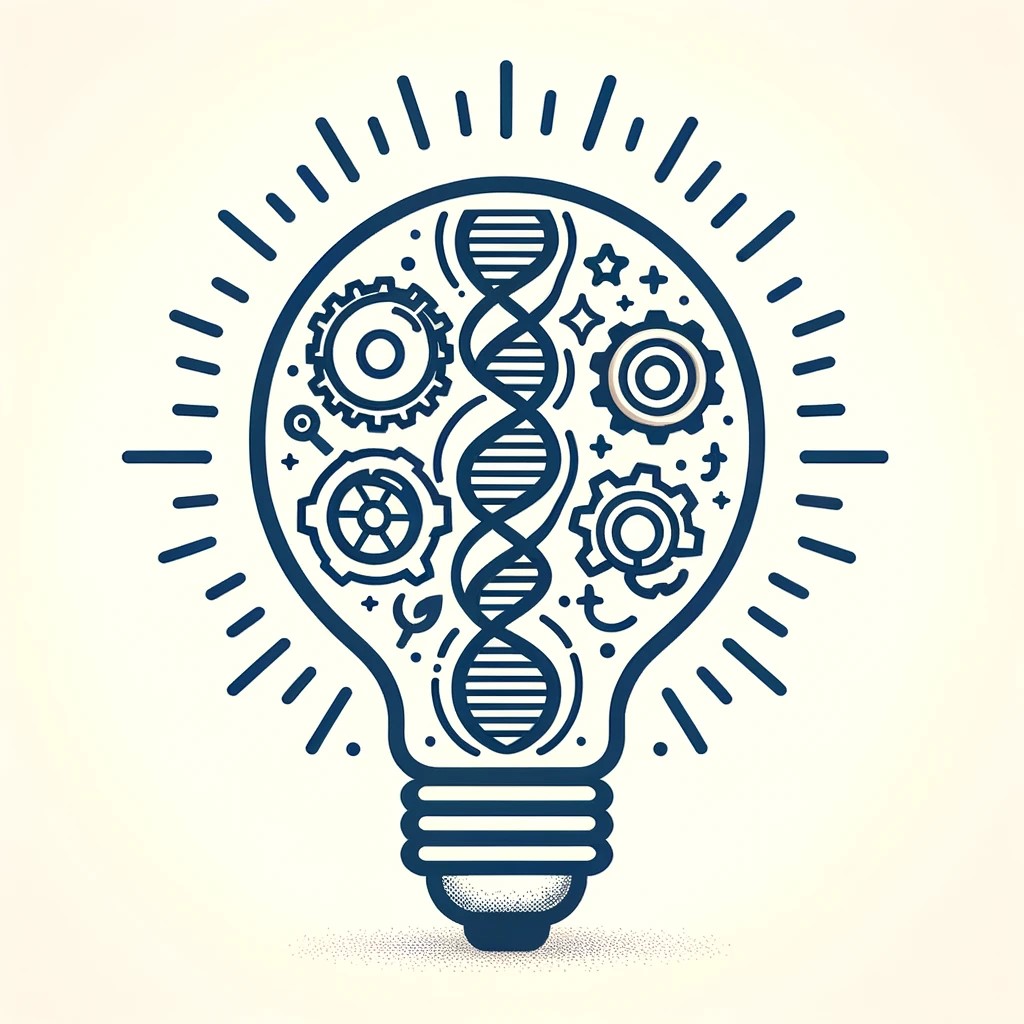 |
INNOVATION This standard defines the content criteria of the database for innovation within the framework of the E-Food project Innovation in food can take many forms, from creating new recipes and flavors to developing sustainable and health-focused products. |
|
|
|
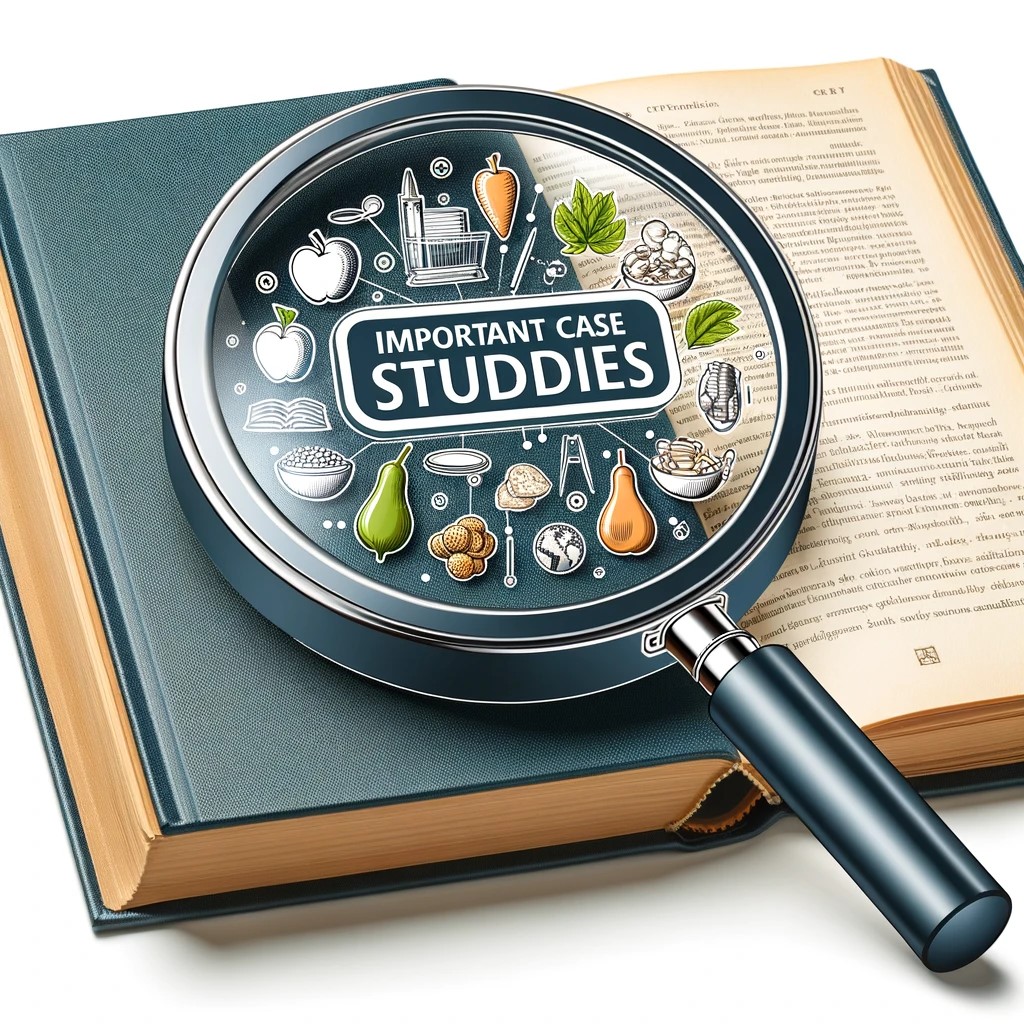 |
CASE STUDY This standard defines the content criteria for case study development within the framework of the E-Food project A case study is a detailed and in-depth analysis of a specific individual, group, event, or situation. It is a research method that involves an intensive, comprehensive examination of a subject within its real-life context. Case studies are commonly used in various fields such as psychology, business, medicine, education, and social sciences. The case studies within the E-Food project focus on the examination and development of a solution/new food product based on the simultaneous use of knowledge and information obtained from all the databases from the project. |
|
|
|
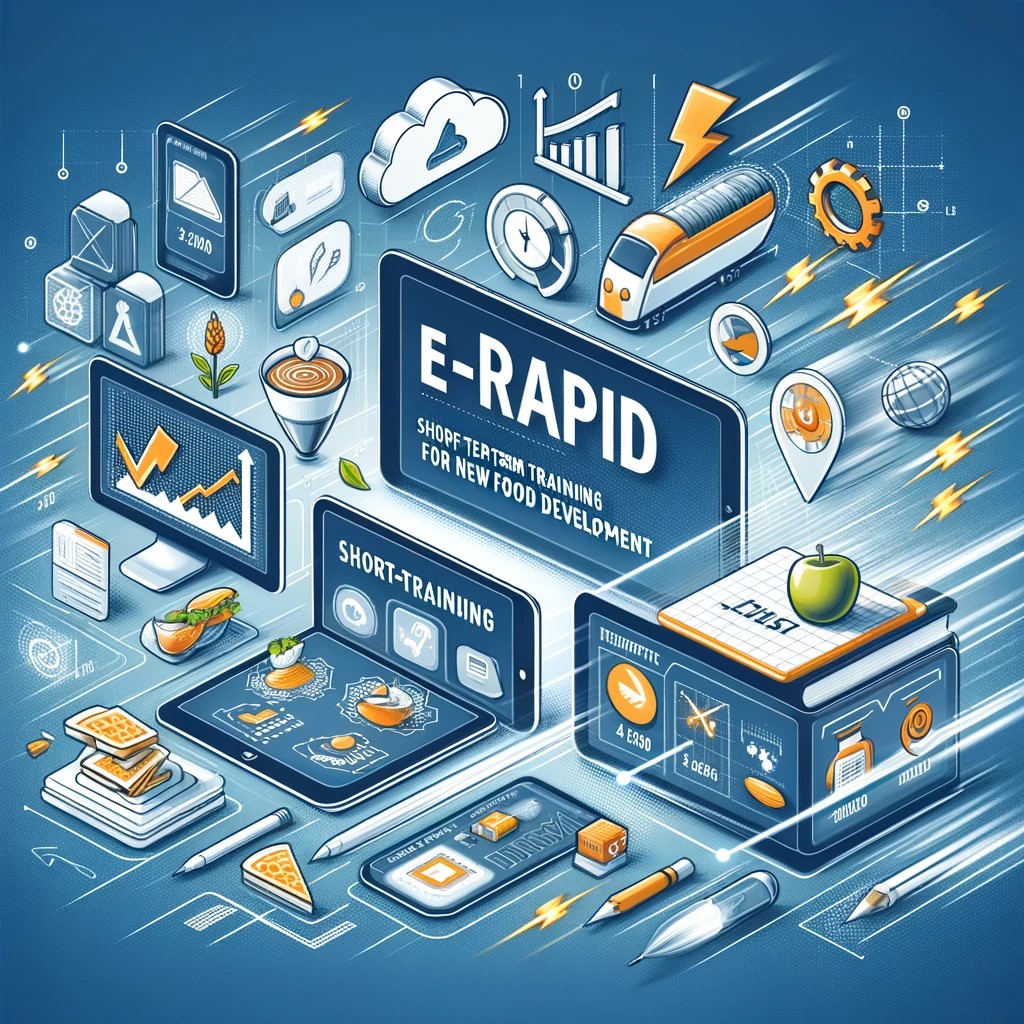 |
E-RAPID TOOLS This standard defines the content criteria for e-rapid tools for short term education within the framework of the E-Food project E-rapid tools for short-term training refer to electronic or digital tools and platforms designed to facilitate quick and efficient learning or skill acquisition in a condensed time frame. The E-rapid tools within the E-Food project ensure quality learning in a variety of innovative food development – related courses framed for the format of short term education. |